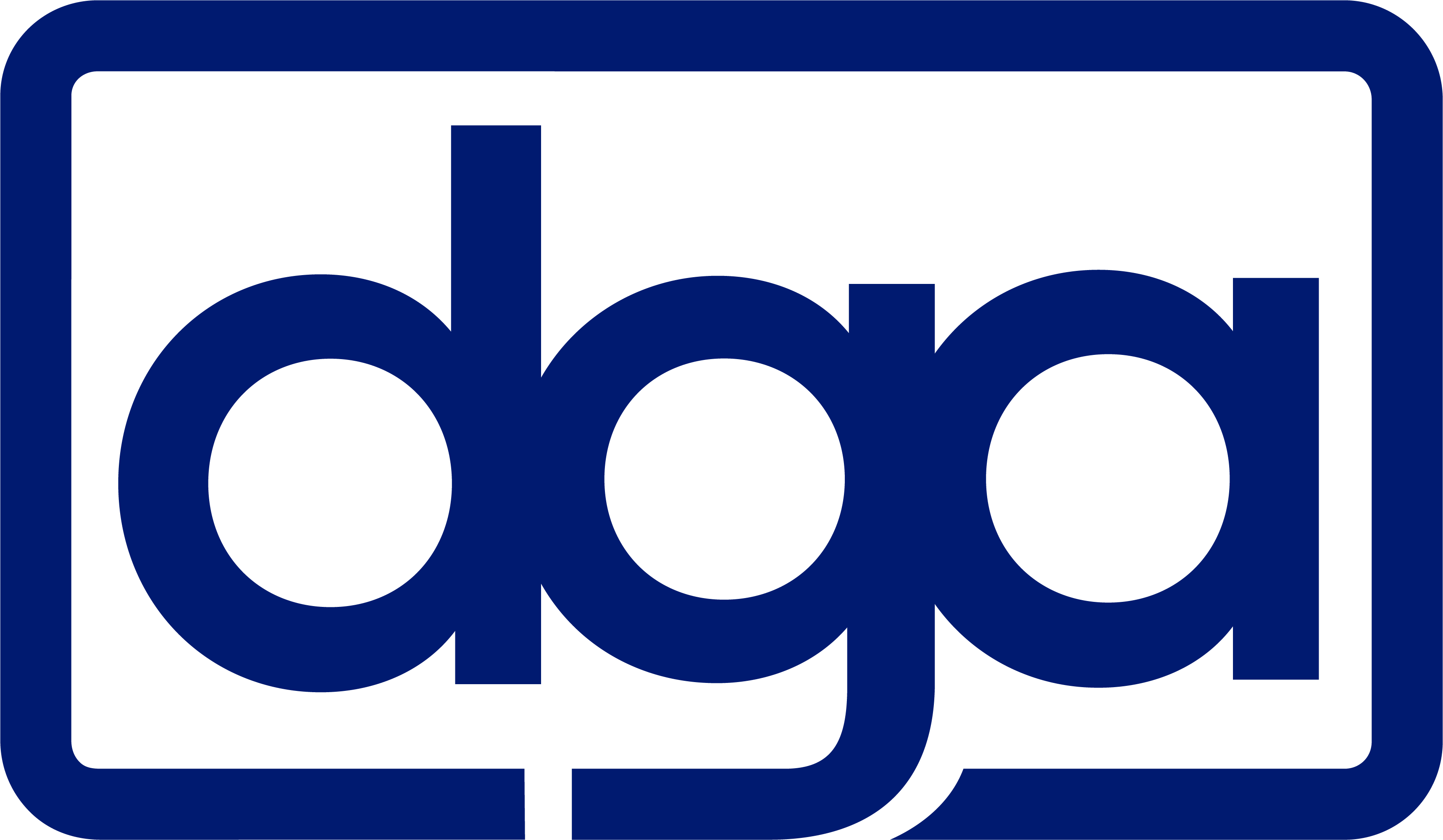
Can you donate now to join our fight?
We just launched the Power to Appoint Fund to highlight the important role Dem Govs play to ensure integrity in our country’s judicial process and protect fundamental freedoms. Your support will ensure we can make crucial investments in key states and protect our democracy. Please don’t wait: rush your gift to elect Democratic governors! >>>
After Endorsing GOP Gov Candidate in 2018, The Oregonian Endorses Tina Kotek for Governor
The Oregonian/Oregon Live Editorial Board, which is the state’s largest paper and endorsed the GOP candidate for governor in 2018, announced they are endorsing Tina Kotek, saying “her talent for developing specific policy solutions is unrivaled, with her plan to address Oregon’s housing shortage and homelessness as a case study.”The Editorial Board continued: “Kotek’s career has been one of public service, starting from her earliest days at the Oregon Food Bank. Many of the bills she’s pushed as House speaker reflect her concern for working families – increasing the minimum wage, mandating paid sick time and expanding health care access…. She’s demonstrated her mettle and ability to clear hurdles in trying to solve Oregon’s toughest challenges.”
Last week, The Bend Source Weekly also endorsed Tina Kotek – in large part because of her strong record on addressing homeless and housing, writing, “Our faith is on the one who’s prioritized what we believe is Oregon’s biggest challenge—homelessness and housing—and put her legislative career where her mouth is.”This comes as GOP candidate Christine Drazan is facing heat for ties to far-right extremists and refusal to denounce dangerous MAGA Republicans.
Read key excerpts from the Oregonian endorsement below:
We could make a compelling argument for each of the three leading gubernatorial candidates to be Oregon’s next governor…But in weighing the massive challenges before Oregon and the sheer drive needed to move us forward, we are endorsing former House Speaker Kotek, 56, as the candidate we believe will best lead Oregon. Her talent for developing specific policy solutions is unrivaled, with her plan to address Oregon’s housing shortage and homelessness as a case study. Her nine years as House speaker demonstrate her tenacity in tackling daunting challenges and success in assembling support to follow through.
[…]
But ultimately, we are endorsing Kotek based on the singular strengths she possesses, her record of accomplishment and our expectation that she will make the transition from party champion to state leader out of her genuine devotion to Oregonians.
Kotek’s career has been one of public service, starting from her earliest days at the Oregon Food Bank. Many of the bills she’s pushed as House speaker reflect her concern for working families – increasing the minimum wage, mandating paid sick time and expanding health care access. She also secured the votes necessary to pass laws that raised $1 billion a year in new revenue for public education and modestly trimmed public employee retirement benefits that have been seizing more and more of schools’ budgets. Those changes marked one of the rare times Kotek has pushed a bill that public employee unions opposed.
She’s demonstrated her mettle and ability to clear hurdles in trying to solve Oregon’s toughest challenges. She helped launch and allocate funding for Project Turnkey, which converts motels into temporary housing. She also sponsored and pushed through a controversial but innovative bill that prohibits larger communities from zoning areas for only single-family homes. With a deficit of some 110,000 housing units to meet current demand, the state must encourage greater density and spur additional development.
The housing and homelessness plan on her campaign website shows her strategic approach to two of Oregon’s most urgent problems. She lists specific goals with timelines and includes the levers she would pull to achieve them. She breaks down the homeless population into the segments she would first seek to get sheltered and, in the interview, drilled down into such details as the faulty prioritization process used by Multnomah County to house people. She outlines her ambitions to make up the housing shortfall through development of a 10-year plan that includes strategies for meeting local housing targets. She would create advisory groups or partnerships to target specific problems, from how to keep tenants housed to planning out employment and transportation strategies with large employers.
And importantly, she skillfully explains how she would bring accountability to bear in state government. In an endorsement interview last week, she said accountability begins with hiring strategically to ensure that staff aren’t passive messengers between the governor’s office and state agency heads, but rather are representing the governor’s intentions and expectations. She noted the need to identify effective leaders within agencies and empower them to take risks and be innovative with a customer-service focus. She leveled criticism at how the state conducts its contracting and hiring, promising a “top to bottom review of how we’re doing state government.” She panned how Brown – who has endorsed her – has managed government, faulting the current governor for being absent during crises and dithering when situations called for decisiveness. While both her opponents make similar observations regarding restoring accountability, Kotek’s analysis broke down the problems and identified the concrete steps needed to solve them.
[…]
But while both Drazan and Johnson lay out broad principles for how they would address various issues, neither outlines the comprehensive plan for action that Kotek so capably does. Their plans lack the detail on execution that help explain how principles translate into on-the-ground change.
[…]

